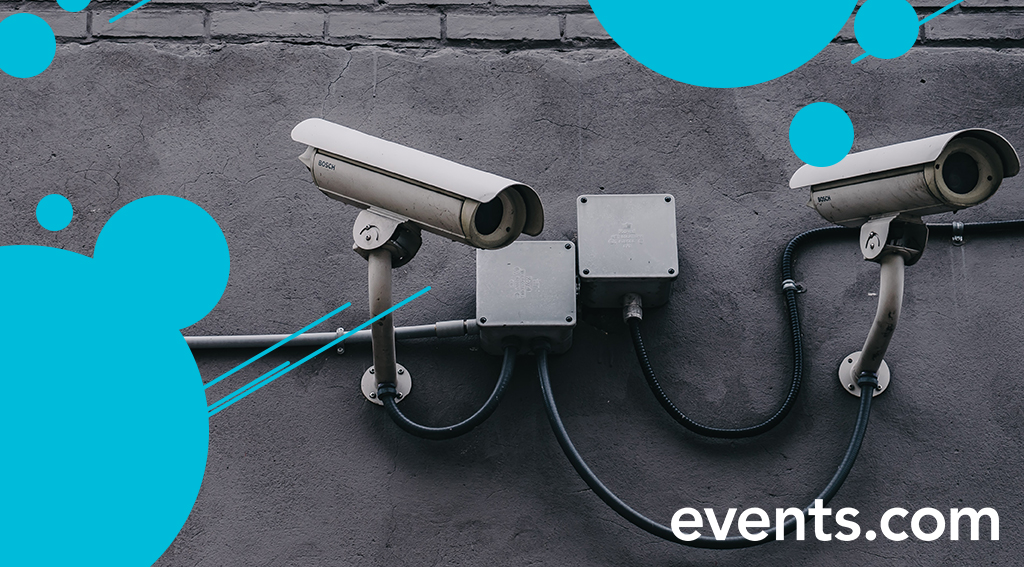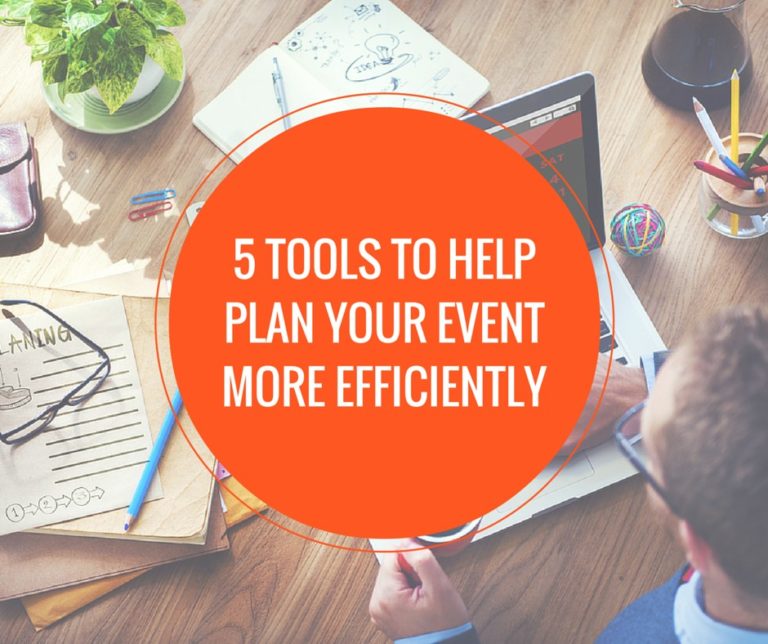Many event planners in the event industry leave security measures on the back burner, but as an organizer, you should keep security and safety at the forefront of your operations. Whenever you’re planning an event, it’s crucial to consider event safety, the risks involved, and how best to mitigate them so they don’t spiral into something unfathomable. After all, leaving these risks unchecked could expose you to hefty fines and legal issues. Not to mention, you may end up hurting your company’s and clients’ reputations.
Safety Risks That All Event Organizers Should Be Aware Of
As an event planner, there are several risks you should be aware of and safety at events should be your top priority. In the past, these risks were mainly about production practices and rigging. However, there’s now a lot more to consider, including security and health issues.
No two events are the same, and each will come with its own nuances. Some events are big, and some are small. Some are indoors, and some are outdoors. Depending on these factors and what type of event you’re hosting, you’ll be met with different risks. Here are some of the most common risks to watch out for in order to prioritize health and safety at an event.
Uncontrolled Crowds
Event hazards such as uncontrolled crowds can quickly become a problem, especially without the correct protocols in place. Not only do uncontrolled crowds pose a risk at your event, but they also can cause issues leading into your event. For example, without the right signage and entry and exit strategies, traffic can quickly become messy and cause issues outside your event space.
Another issue to consider is accessibility. You shouldn’t make assumptions about your patrons’ abilities, so be sure to implement appropriate accessibility measures and have plenty of adequate parking spaces to accommodate those who need them.
Another issue with uncontrolled crowds is the possibility of rowdiness, shoving, or trampling, which can cause serious injuries to your event attendees.
Also consider the age of your guests. If children will be attending, it’s a good idea to include risk assessments for child-specific activities and management of lost children, including how you plan to reunite them with their guardians.
Equipment and Fire Hazards
Always assess the equipment you’re bringing into your venue and take note of the risks involved to ensure any hazards at events are addressed.
Whether you’re hosting an event indoors or outdoors, there are bound to be equipment and fire hazard risks. Equipment risks could range from incorrect electrical installation to exposed wiring and cords that are easy to trip over. In addition, if your event takes place outside, consider whether rain or wind could affect your equipment setup. Think about your event’s entrances and exits. Are they easily accessible in case of a malfunction in equipment or the start of a fire?
Have an actionable fire plan in place, ensure that you’ve chosen all the right equipment with as few risks as possible, and ensure all event parameters are in check.
Security Issues
When you think about security, what first comes to mind? You might be thinking about checking to ensure that your guests are on the invite list or making sure they aren’t sneaking in any weapons. However, security issues extend beyond these points. Besides preventing event crashers and reducing the chance of crime, there are several other factors to consider when it comes to security.
For example, we live in a technological world where nearly everyone uses computers, phones, or tablets. The internet is a critical factor for event organizers who may plan virtual events, or who sell tickets to real-life events online. Unfortunately, online RSVP systems can come with their own security threats. With cyber-attacks at an all-time high, consumers want to know that their personal information is protected.
So, when planning your event, be sure to consider data security alongside guest validation, crime mitigation, and meeting venue requirements.
Extreme Weather
It may seem like a no-brainer to plan your event around weather conditions. However, if you’re planning too far in advance, it can be difficult to plan around the weather. That’s why it’s important to stay updated on the forecast as your event approaches and make proper arrangements in the event of extreme weather conditions. While a little rain never hurt anyone, severe weather such as thunderstorms, tornadoes, and hurricanes can really put a damper on your event.
Best Practices for Hosting Safe Events
Knowing and understanding the risks involved in organizing an event is only half the battle. As much as you would like things to go smoothly, unfortunately, things can sometimes go awry. Accidents happen, and you should be prepared to expect the unexpected. That’s why it’s vital to plan ahead and follow these best practices for hosting safe events and keeping your guests as secure as possible.
Have an Event Incident Response Plan in Place
An incident response plan, or an event safety plan, is a vital document that contains an outline of emergency planning including procedures, responsibilities, and steps to take in the event of an incident. Incident response plans should be tailored to specific problems and outline what to do before, during, and after the situation arises. For example, in the case of a fire, the document should contain information on how to handle a fire if should one occur, who is responsible, and who to consult.
Train Event Staff on How To Respond to Incidents
Your event team should be trained on how to handle incidents, and the training should be tailored to what type of event you’re hosting. For example, if you’re hosting a virtual event, then your staff should be trained on how to respond to technical issues and data security threats. In general, you’ll want to make sure that your staff is trained to handle all potential incidents, with the ones most likely to occur as a priority. Staff should be confident that they can handle stressful situations and know how to report incidents properly.
Hire Security Personnel and an Emergency Medical Crew
Having additional event security, such as security personnel and an emergency medical crew on hand, might seem drastic, but it’s not. These professionals need to be there in the event of a worst-case scenario. If violence breaks out or uninvited guests decide to crash your event, your security personnel will be able to handle these situations. Alternatively, if a guest or staff member gets injured at the event, an emergency medical crew will be able to come in and help, preventing the situation from worsening.
For a safe event, security is a must.
Work With Law Enforcement To Manage Traffic Control
It’s important to work with local law enforcement to ensure that traffic flows smoothly. During an event, it’s likely that there will be a lot of local and non-local traffic, which can create a hazardous road environment. People coming from and going to your event, and even those bypassing it, can run into road issues without proper traffic control in place.
People may become distracted, not realize that lights have turned, or not understand when it’s their turn to go. Not only can this jeopardize drivers, but it can also put pedestrians in harm’s way. Having someone there to direct traffic can help prevent accidents.
Use Effective Communication
Communication methods are key. Whether you’re communicating with stakeholders, staff, guests, or speakers at your event, you must alert them to any potential issues, including policy changes and procedures. Also inform them of any changes to your event, such as time changes in the event of adverse weather conditions. And if an incident occurs, you’ll want to ensure that you’re following up with everyone and communicating with them about what happens next.
Plan for Adverse Weather Conditions
Having a backup plan can help in planning around weather conditions. This could include a backup venue or backup activities. For example, if you planned on hosting your event outdoors, but the weather turns nasty, then you’ll likely need to move your event indoors. To make the best possible backup plan, be sure to communicate with your venues, staff, and attendees ahead of time.
You may also want to consider being flexible with your timing. While it’s not usually a good idea to cancel or reschedule your event to another date, it might be OK to adjust the start time of your event to avoid issues with the weather.
Mitigate Your Risks With the Right Event Technology
Whether you’re hosting in-person, virtual, or hybrid events, having the right event technology and tools, including event websites, can help your event plans be successful.
Events.com allows organizers and hosts to create an event and start selling tickets within minutes. It provides amazing solutions for event organizers, allowing for easy onboarding and simple fee structures while also providing the means to communicate with staff and guests effectively.
Events.com integrates with other software, too, such as Google Analytics, Stripe, and MailChimp, so you can gain insights into events, set up safe and secure payments, and create email lists that keep patrons in the loop. With 24/7 support, Events.com takes care of its customers so you can host the best event possible. Interested in learning more? Check out Events.com and get started today.






